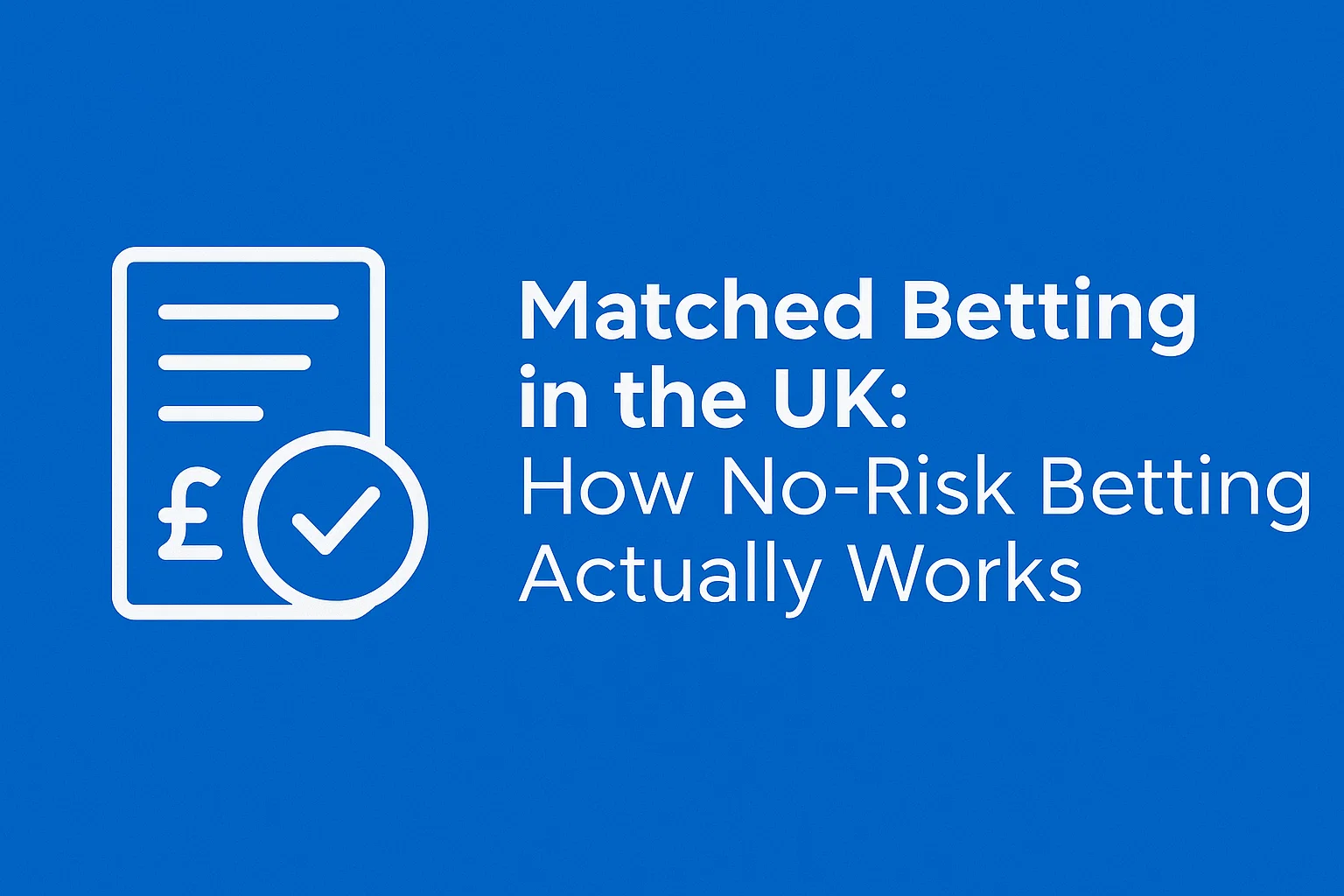
Matched betting ("double betting" or "risk-free betting") is a method that assures bookmakers profit. While officially gambling, when accomplished in the correct manner, it is risk-free. Why it is not completely risk-free is because there is always a chance a bookmaker will void a bet, or a user may input errors into betting.
They place a bet on both outcomes of an event, using a bookmaker's free bet offers, with the assurance of winning a profit no matter what. But most revenue comes from taking advantage of free bet promotions run by more and more UK sports betting sites, like Betat.net. The sites constantly compete to acquire new customers, and matched bettors take full advantage of this.
Most matched bettors employ betting exchanges in conjunction with specialist software subscriptions to identify the best opportunities. Manually performing this process is labor-intensive and prone to error.
Matched betting was once a hidden secret among book insiders. While it is still a bit in the underground, increasing popularity has drawn it to the attention of top UK bookies. Occasional punters will probably already be in the know about matched betting, but now even people who have never bet before see it as a risk-free means of making tax-free side cash.
From pensioners and students to wage earners, matched betting draws individuals who seek easy, regular profits. But to bookmakers, this type of player is far from perfect—they're less profitable than typical gamblers.
Matched betting requires a back bet with a bookmaker and a lay bet with a betting exchange on the same game. The qualifying wager is the first wager, and it frees up the free wager from the bookmaker. The idea is to even out on the qualifying wager and pull profit from the free wager by using the same approach. Through software, players can calculate the best wagers to achieve maximum return.
Back Bet
A back bet is the traditional type of bet—you're betting that something will happen. Putting a bet on the UK to beat the next football match is a type of back bet. You win your stake and make a profit if they win. You lose the bet if they lose or draw. But in matched betting, the outcome doesn't matter at all.
Lay Bet
A lay bet on an exchange and is where you're betting against something to happen. A good example would be if you lay bet that the UK lose the match. In the event they lose or draw, your lay bet will win.
Assuming the odds of the UK winning are 4.00, placing a £10 back bet with the bookie and a £10 lay bet for £20 liability with the exchange means that you don't lose anything in either event. That leaves you with a free bet, which can then be turned into real profit by employing the same back-and-lay strategy.
Most of the matched betters perceive this as a loophole, while the majority of bookmakers in the UK prohibit this method under their terms and conditions.
Once a player has exhausted the top UK bookies' top welcome offers, they usually look for other sources of profit. Some of the methods are against the law, including:
All of this is called multi-accounting or "gnoming" and is used primarily to collect multiple welcome bonuses.
Even though matched betting is mainly about free bet offers, certain players use other promotions in order to make risk-free returns, including:
Matched betting is also applied in coordination with sports arbitrage, where odds discrepancies across various sites are taken advantage of. Arbitrage isn't against the law but usually isn't condoned and will lead to limited accounts.
Yes, matched betting is considered bonus abuse as it utilizes offers for guaranteed profit. All bonus abuse isn't in matched betting form, though. There's abusing no deposit bonuses, free spins, and bingo offers, for instance.
While such bonuses are subject to wagering conditions, experienced players learn to play where there's positive expected value—that is, where odds dictate that long-term profitability is achievable.